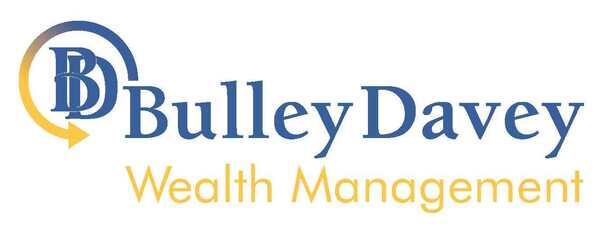Inheritance tax (IHT) is an unavoidable reality for many individuals that they have to think about, especially when they become parents or grandparents. And with asset values rising and thresholds remaining stagnant for decades, more and more people find their estates within the grasp of the tax.
What can you do? In this blog post, we’ll explore effective strategies for passing on wealth, including gifting and trusts. We’ll help you pass on the wealth that you want to on to your loved ones.
Inheritance tax and thresholds
To make sure that we’re all on the same page, we’ll provide a brief summary of IHT, estates and thresholds.
IHT is a tax levied at 40% on the portion of an individual’s estate that exceeds a certain threshold. An estate is the pool of someone’s possessions – their money, land, property and other notable assets.
The nil-rate threshold is £325,000. That means an estate below this total is unlikely to face a tax charge. An estate worth £400,000, meanwhile, would face a 40% charge on £75,000 (the portion of the estate’s value that falls above the threshold.
There is, however, also the property nil-rate band, which protects the first £175,000 of property from IHT. You can also combine your tax-free thresholds with your spouse or civil partner.
With all that said, you might have worked out an IHT-saving strategy by yourself – reducing the value of your estate to below your tax-free thresholds by giving away assets during your life. You would be onto something there, but you need to give gifts strategically.
Gifts and IHT
You are well within your right to give away any possession or property during your life as you see fit. Just know that you will have to fulfil a few requirements in order for you or your recipient to avoid IHT.
First, there is the seven year rule, which says that if you die within seven years of giving the gift, there may be a charge. These charges are broken down as follows:
|
Years between gift and death |
Rate of tax on the gift |
| 3 to 4 years | 32% |
| 4 to 5 years | 24% |
| 5 to 6 years | 16% |
| 6 to 7 years | 8% |
| 7 or more | 0% |
For your gift to count as a gift, you also cannot continue to benefit from it. For example, if you give your home to a relative but continue living there, the property will still count towards the value of your estate.
Each tax year, you can also give away some money or possessions free of IHT. The amount which is tax-free depends on the allowance you use:
- Annual exemption: You can give away £3,000 of gifts each tax year without them being added to the value of your estate. This can be given to one person or split among multiple.
- Small gift allowance: You can give as many gifts of up to £250 per person as you want each tax year, as long as you have not used another allowance on the same person. Birthday and Christmas gifts are exempt automatically.
- Wedding or civil partnership gifts: Each year, you can give a tax-free gift to someone getting married or starting a civil partnership. It is £5,000 to a child, £2,500 to a (great) grandchild, and £1,000 to any other person. This can be combined with the annual allowance, but not the small gifts allowance.
Trusts
Trusts can be powerful tools for passing on wealth while minimising IHT liabilities. By placing assets in a trust, you effectively remove them from your estate and shield them from IHT.
Depending on the type of trust you open, you can also keep control over your assets and protect them for your beneficiary. If your beneficiary is young or vulnerable, they also let you avoid handing over valuable property or cash before they’re ready.
There are multiple types of trusts available to you, each with its own set of rules and tax implications. For example, interest in possession trusts entitle your beneficiary to trust income, but not the assets themselves.
Giving to charity
Finally, an IHT cut is available to individuals who leave more than 10% of their estate to charity. Doing this reduces the IHT levied on your estate from 40% to 36%.
Talk to us for estate planning advice
We hope you’ve learned something by reading today’s blog, especially how many options you have available to you. You might have also realised how complex estate planning tends to be, so if you think you could do it with a helping hand, don’t hesitate to get in touch with us. We would be determined to help you.
Talk to us about estate planning.
